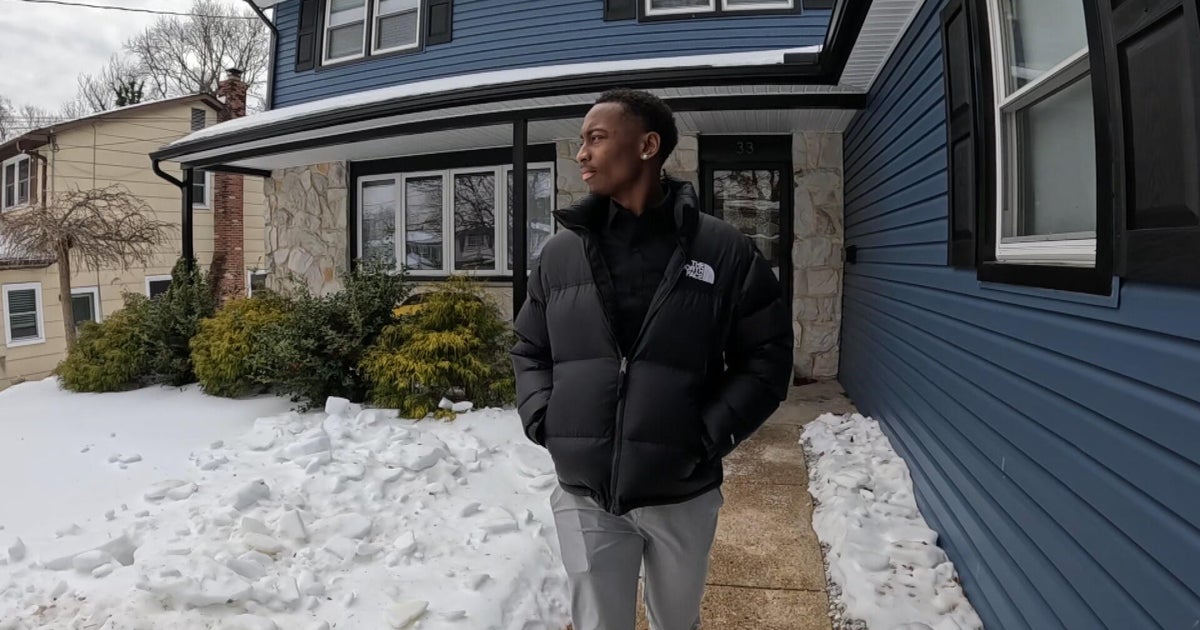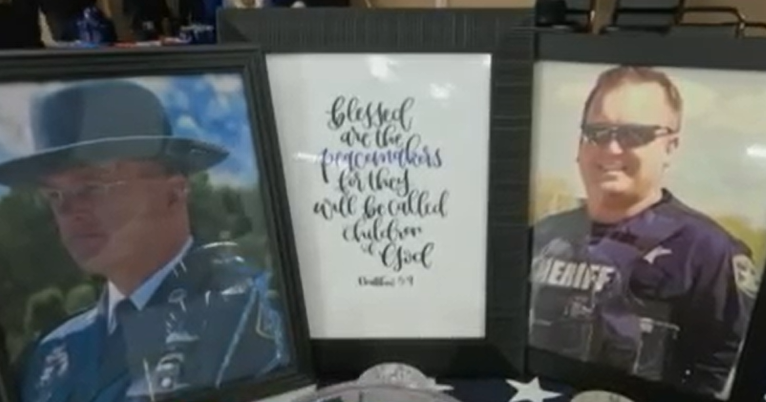Promising plasma therapies give hope for coronavirus treatment: "Maybe we're onto something here"
Researchers hope plasma from coronavirus survivors may help cure seriously ill patients, but this type of therapy for the virus is still experimental and clinical trials are underway. Still, some families have turned to plasma therapy when other treatments failed.
Doctors at Orlando Health tried a cocktail of drugs, including hydroxychloroquine, to help save 52-year-old Kevin Rathel, but days passed with no improvement.
"We really didn't expect him to decline so rapidly the way he did," Kevin's wife Stacie Rathel told CBS News senior medical correspondent Dr. Tara Narula.
"I didn't even know he was going into the coma, so I couldn't even say anything to him," their daughter Lauren Rathel said.
Stacie said her other daughter Gracyn "broke down a couple of times, just crying."
"She says, 'I just want my daddy home,'" Stacie said.
After hearing about the promise of plasma therapy, it became Stacie's mission to find a plasma donor, and she quickly found a match on Facebook.
Three days after the transfusion, Kevin woke up from a medically induced coma. He's now able to talk and is expected to go home Monday.
The treatment gives sick patients the antibody-rich blood plasma from recovered patients to help fight the virus. One plasma donation can potentially treat up to three infected patients.
"We need to do the clinical trials to know when, if and how to use it," said Dr. Arturo Casadevall, the chair of the Molecular Microbiology and Immunology Department at Johns Hopkins. He has been studying antibodies for over three decades.
Casadevall said while more research needs to be done, plasma therapy shows promise and history is on its side.
"The first Nobel Prize in medicine was given for the discovery that you could treat a disease ... with antibodies," he said. "It was used in the 1918 flu epidemic. ... And more recently it's been used in the SARS outbreak in 2003."
Timing plays a huge role in the success of a transfusion, Casadevall said.
"We think you can get much more bang for the buck if you treat people early," he explained.
After their 76-year-old dad, Henry, was hospitalized for over three weeks, brothers Craig, Jason and Jeff Woerz were not just fearing the worst, but preparing for it.
"I mean, we're down to the time where we're asked to say — possibly say goodbye," Craig said.
"Even looking for ... funeral places and what the policies are during this period," Jason said.
Like the Rathel family, they turned to Facebook for help in finding a plasma donor.
The brothers said they weren't nervous about trying something that was experimental.
"Our dad was headed in a downward spiral," Craig said. "This was one of our only shots."
Craig's high school friend turned out to be their savior and shortly after the plasma therapy, their dad slowly began to show signs of improvement. Over the weekend, they got the news that he could be coming home soon.
"Successes like the one we had today give us some hope that maybe we're onto something here," said Dr. Paul Sachs, the director of pulmonary medicine at Stamford Health.
Asked how they think their father will feel when he hears about the effort they put forth to save him, Craig said he thinks he will be proud.
"We acted as one. I mean, I think he's going to be proud of that," Craig said.



